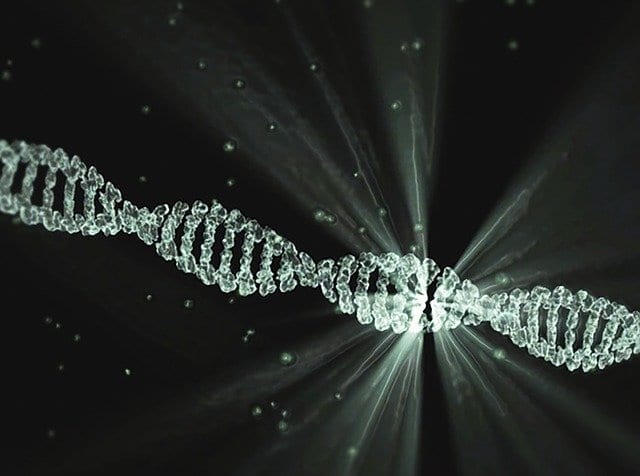According to a story from Hindawi, a recent study focused on congenital central hypoventilation syndrome serves to bring to light the importance of genetic testing of close family members based on family history. In this example four family members were involved. Two had previously been diagnosed with congenital central hypoventilation syndrome (CCHS) and two who had previously been considered asymptomatic were tested and received a positive diagnosis.
About Congenital Central Hypoventilation Syndrome (CCHS)
CCHS is linked to genetic abnormalities that affect the PHOX2B gene, which is responsible for the production of a transcription factor that is critical for normal development of the nervous system, particularly the autonomic nervous system, which controls involuntary activities that the body automatically does, such as breathing or blinking. CCHS can also be associated with Hirschsprung’s disease and neuroblastoma. The characteristic symptom is the halting of breathing during sleep, which results in low oxygen levels and a dangerous build up of carbon dioxide in the patient’s body. Other symptoms include problems with swallowing, darkened skin color, headache, fatigue, abnormal blood pressure and heart rate, excessive sweating, abnormalities in pain sensitivity, constipation, sleepiness, and insomnia. Patients with CCHS are also more sensitive to narcotics and sedative drugs. At this juncture, CCHS patients require some sort of breathing assistance, such as a diaphragm pacemaker or mechanical ventilation, in order to stay alive. Learn more about this disease here.
About The Study
The family members that were part of the study were a mother and three of her children. These children had different biological fathers and displayed varying degrees of symptoms. The most severely affected subject was a seven year old boy who had a history of breathing problems soon after birth, including the need for mechanical ventilation. He currently requires ventilation support during sleep and suffers from cognitive deficits because of CCHS. The boy’s one year old half-sister was also diagnosed with CCHS and also faced breathing problems within days following birth. She currently faces difficulties with motor development, cognition, and speech.
These cases prompted testing for their mother and ten year old brother. While these two did not display serious symptoms associated with CCHS, they tested positive for mutations affecting PHOX2B. Even though they didn’t have symptoms, knowledge that these mutations are present is important so that they can receive genetic counseling related to the potential long-term risks.






